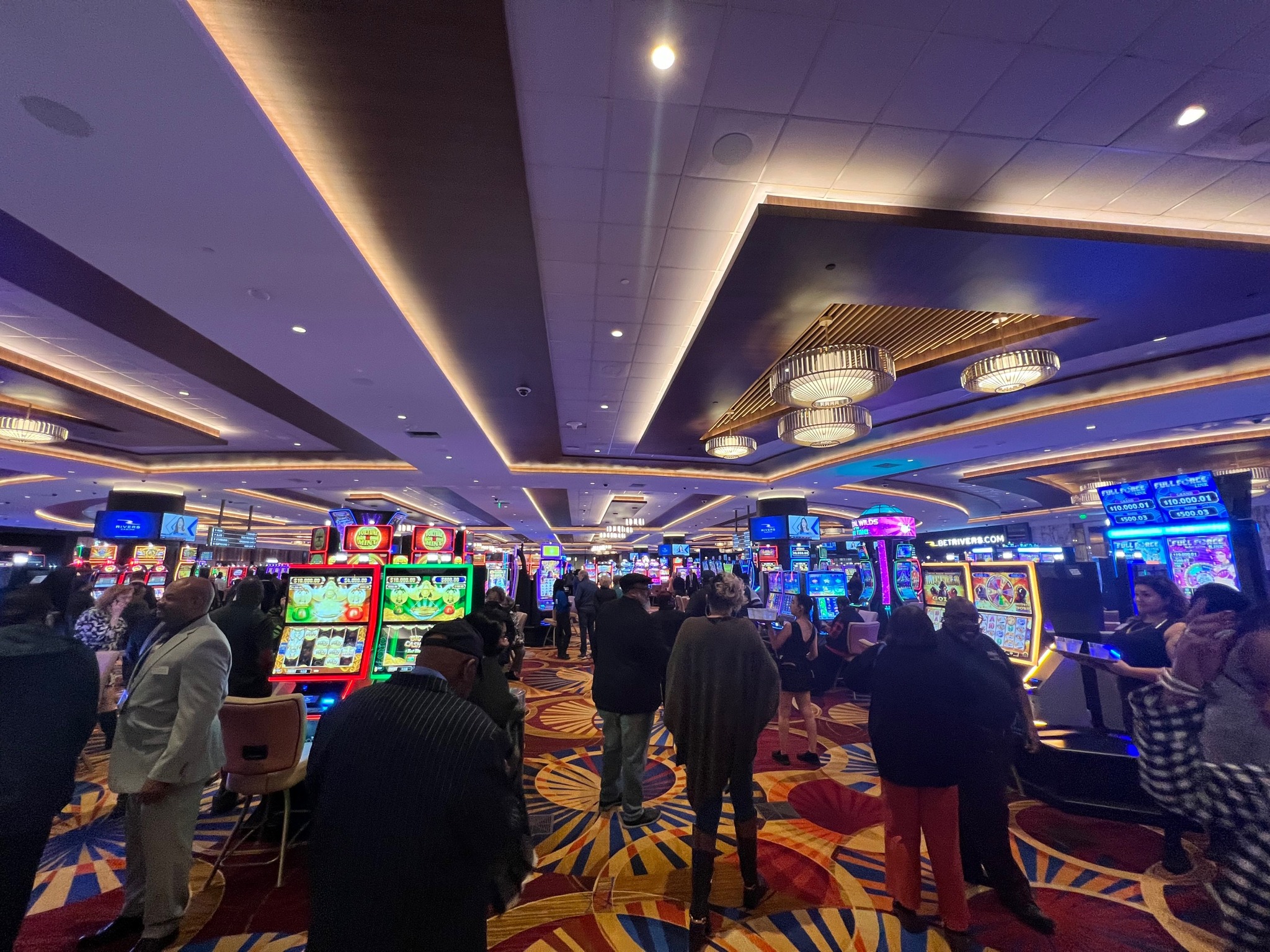The Enigma of Gambling Myths
In the world of gambling, where chance and strategy meet, a unique tapestry of beliefs emerges—one that braids luck, fate, and the enigmatic nature of casino games. Casinos, bustling with excitement and anticipation, are not just venues for placing bets; they are also arenas where superstitions thrive. Ranging from the novice player to the seasoned gambler, these mysterious practices often shape how individuals approach the games they play, believing that their actions can impact the outcome in ways that go beyond mere probability.
As players gather around roulette wheels, blackjack tables, and slot machines, the atmosphere is thick with stories of lucky charms, rituals, and codified behavior that defy logic yet provide a sense of comfort. It could be the case that it’s wearing a specific outfit, following a particular sequence of bets, or even avoiding certain numbers, the attachment to various superstitions reflects a deep-rooted desire to master the uncontrollable. This article delves into the captivating world of casino game superstitions, exploring the beliefs that simultaneously entertain and mystify those who dare to play.
Cultural Origins of Superstitions
Casino games have long been connected with an array of superstitions that go back to early cultures. The origins of these ideas can be linked to humanity’s intrinsic wish to manage the random outcomes related with luck and chance. In primitive civilizations, games of chance were often linked to spiritual practices. Gamblers would seek blessings or seek favor from spirits, believing that their actions could influence the odds in their advantage. This foundation laid the foundation for the variety of superstitions that proliferated as gambling evolved over ages.
During the medieval period, betting became a common pastime across the continent, and with it, a rich tapestry of superstitions emerged. F168.group Participants adopted different rituals and charms, believing they could affect the consequences of games. The importance of numbers, in particular, began to manifest in superstitions around card games and dice. The number 7 was often considered favorable, while various numbers carried unfortunate connotations. These ideas mirrored the cultural contexts of the time, evolving as they passed through generations and adapted to new gaming environments.
As gambling houses emerged in the 17th century, particularly in the Italian peninsula and France, the atmosphere surrounding gambling became imbued in mystery. The growing accessibility of gambling activities allowed for the expansion and diversification of superstitions among players. Concepts like lucky charms, special seating locations, and rituals gained prominence, creating a distinct culture within gambling establishments. As these practices continued to thrive, they became integral to the identity of gambling games, illustrating how the past and culture shape the convictions that influence how players engage with chance.
Widespread Casino Myths
Beliefs surrounding casino games are plentiful and diverse, reflecting the dreams and anxieties of players as they participate in random activities. One of the most common beliefs is that specific digits bring luck or misfortune. For example, the digit 7 is often seen as a favorable number, frequently sought after by gamblers looking for a favorable result. Conversely, the digit 13 is routinely considered unlucky, leading many players to steer clear of it during their gaming sessions.
A frequent superstition relates to practices that gamblers believe can influence their chances. It could be blowing gently on the dice before a roll, using a particular hand to place a bet, or even wearing specific items of attire, many individuals feel that these actions can tilt fate in their favor. These practices offer a feeling of control in an otherwise random environment, reinforcing the idea that fortune can be manufactured through personal beliefs and customs.
Lastly, the environment and vibe of the gambling house itself contributes to myths. Many players suggest that the presence of certain symbols, such as four-leaved clovers or lucky coins, can enhance their chances of winning. Additionally, gamblers might hold to the belief that winning streaks can be interrupted by mundane occurrences, such as someone walking past or a accident at the gaming surface. The collective atmosphere in a casino can amplify these superstitions, creating a shared culture of myths that transcends individual experiences.
Impact of Superstitions on Players
Beliefs play a crucial role in the mindset of casino players, often affecting their actions and choices. Numerous gamblers think that luck can be influenced through various rituals, such as wearing a lucky charm, choosing particular hues, or avoiding certain numbers. This reliance on superstitions can create a feeling of authority in an environment that is inherently unpredictable. Players frequently feel more self-assured and involved when they feel that their actions could sway the result of a game in their advantage.
The influence of these superstitions extends beyond singular players, affecting the general atmosphere within the casino. For example, a player who holds the belief in the luck of a particular slot machine might draw a gathering, as others are intrigued by their apparent luck. This shared belief can amplify excitement and create a dynamic environment, leading to an engaging experience even for those who may not necessarily be superstitious. The excitement around specific games can lead to increased participation and extended playing sessions, supporting the casino’s vibrant social scene.
In some cases, superstitions can lead to detrimental effects for players. Relying too much on rituals can result in bad gambling decisions, as some may ignore basic strategies in favor of baseless beliefs. Additionally, the stress to perform rituals may increase anxiety and stress levels, detracting from the pleasure of the experience. Ultimately, while superstitions can enhance the thrill of playing casino games, they can also lead to poor choices that overshadow the enjoyment and entertainment intended in the casino experience.
